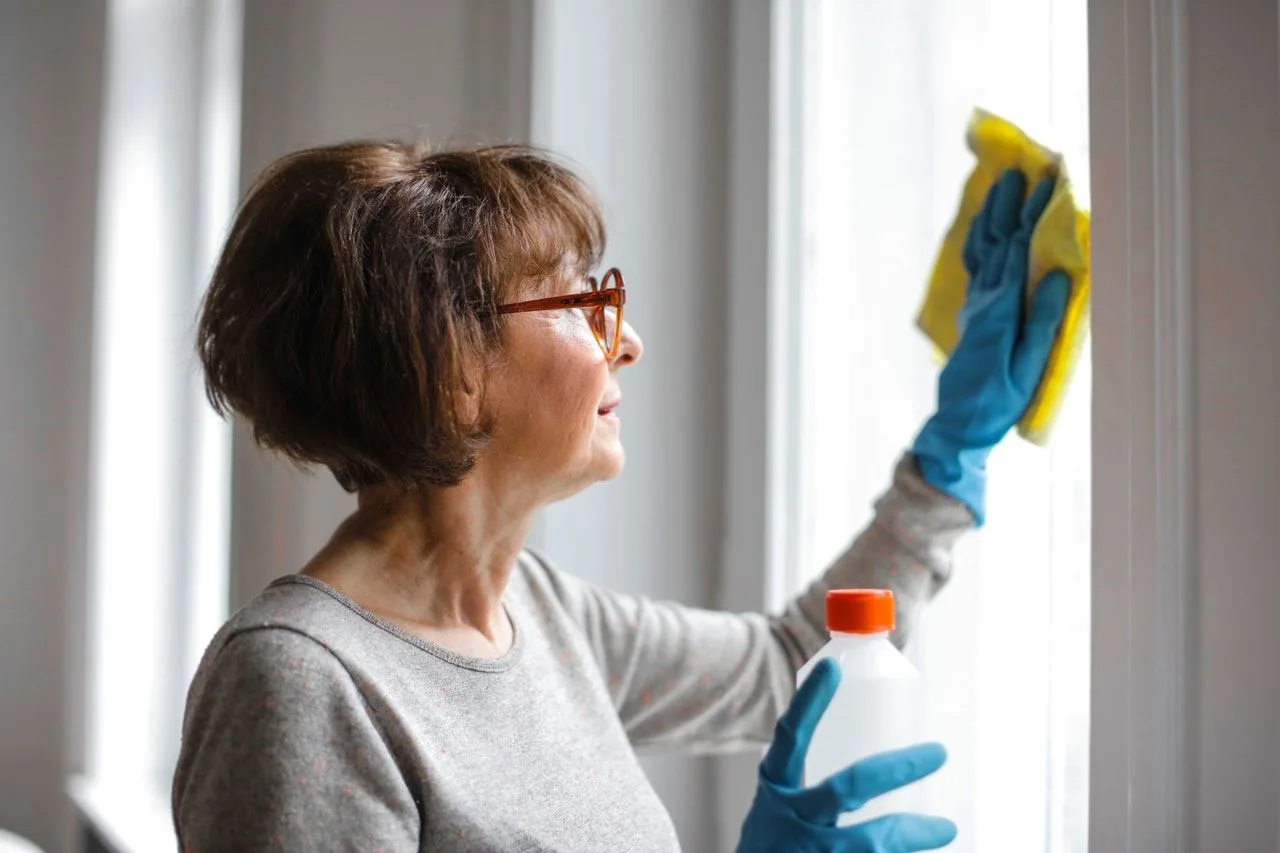I’ll be the first to admit that I’m not the biggest fan of doing chores. That said, I may need to re-evaluate this stance, especially if I want to protect my cognitive health. According to estimates, over 150 million people are expected to be diagnosed with dementia by 2050. With the number currently 55 million, the thought of cases almost tripling over the next few years is a harrowing one.
Now, as alarming as these statistics are, the good news is that there exist easy and simple ways for one to reduce their risk of developing neurodegenerative disorders. In fact, a recent study has found that chores and socializing can help protect against dementia.
What daily habits can reduce dementia risk?
In a recent study, Chinese researchers set out to find the link between patterns of physical and mental activity and dementia, and how these activities affected the likelihood of one developing the disease,
“Many studies have identified potential risk factors for dementia, but we wanted to know more about a wide variety of lifestyle habits and their potential role in the prevention of dementia,” says lead author Professor Huan Song.
For the study, the researchers examined the data of 501 376 older people from a UK database who did not have dementia and had an average age of 56. Participants also filled out questionnaires at the start of the study. Questions posed covered;
- Physical activity and household chores
- Job-related activities
- Methods of transportation they use, including walking or biking to work
- Their education level
- Whether they attend adult education classes
- How often did they visit with friends and family, pubs or social clubs, or religious groups?
- How often did they use electronic devices?
- Did they have a family history of dementia?

Lightspring/Shutterstock
After following participants for an average of 11 years, the study concluded with 5 185 of the participants had developed dementia.
Do your chores to reduce dementia risk
“Our study found that exercise, household chores, and social visits were linked to a reduced risk of various types of dementia.”
According to the findings of the study, which were published in Neurology, participants who were more engaged in physical and mental activities were least likely to show signs of dementia.
The researchers found that household chores ranked as the second-biggest way to lower one’s risk of developing dementia. Participants who performed chores, such as cooking, cleaning, and gardening, were 21 percent less likely to develop the disease. Regular exercise (which included brisk walks and bike rides) lowered dementia risk by 35 percent.
Social visits for longevity
Social visits, which included meeting up with family and friends, were linked to a 15 percent reduced risk. This is not the first time that having a social life has been found to boost benefits.
In fact, strong social connections are one of the core components of Blue Zones, which are five areas virtually free of disease and are inhabited by numerous healthy residents that are living to age 100 and beyond.

Monkey Business Images/Shutterstock
While more research is needed to confirm the findings, older adults should try to incorporate these habits into their day-to-day living. After all, previous research has found that exercise, chores, and social visits can boast other benefits.
Want to know more?
As mentioned, gardening is a household chore that can lower dementia risk. In fact, this outdoor activity is one of the best ways to achieve longevity and live a healthier life.
References
GBD 2019 Dementia Forecasting Collaborators (2022). Estimation of the global prevalence of dementia in 2019 and forecasted prevalence in 2050: an analysis for the Global Burden of Disease Study 2019. The Lancet. Public health, 7(2), e105–e125. https://doi.org/10.1016/S2468-2667(21)00249-8
Zhu, J., Ge, F., Zheng, Y., Qu, Y., Chen, W., Yang, H., Yang, L., Fang, F., & Song, H. (2022). Physical and Mental Activity, Disease Susceptibility, and Risk of Dementia: A Prospective Cohort Study Based on UK Biobank. Neurology, 10.1212/WNL.0000000000200701. Advance online publication. https://doi.org/10.1212/WNL.0000000000200701



![women [longevity live]](https://longevitylive.com/wp-content/uploads/2020/01/photo-of-women-walking-down-the-street-1116984-100x100.jpg)










